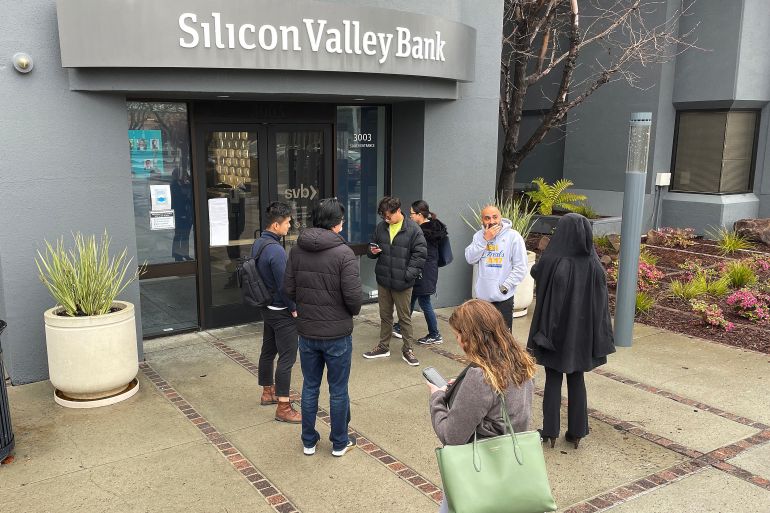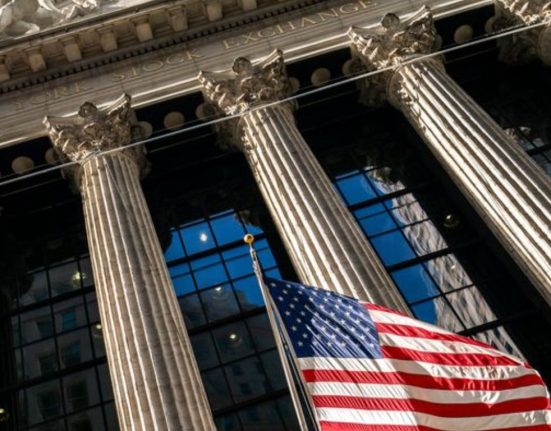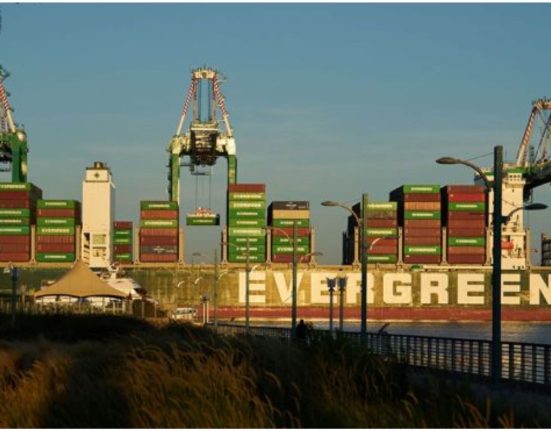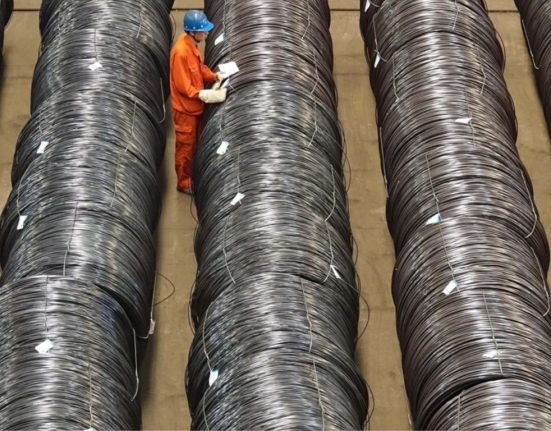Introduction
US regulators have put large banks on notice that they will be subject to tougher oversight in the future. This comes after the Federal Reserve and Federal Deposit Insurance Corporation (FDIC) revealed their supervisory lapses before deposit runs caused the collapse of Silicon Valley Bank and Signature Bank (OTC:SBNY) in March.
Background
The collapse of Silicon Valley Bank and Signature Bank in March was a shock to the financial world, as both banks had been seen as relatively stable institutions. However, deposit runs caused by concerns over their financial stability ultimately led to their collapse. In the wake of these failures, regulators have been reviewing their supervisory processes to identify any lapses that may have contributed to the banks’ downfall.
Supervisory Lapses
The Federal Reserve and FDIC have now detailed their supervisory lapses, revealing that they had failed to identify and address significant weaknesses in the banks’ risk management processes. These weaknesses included a lack of adequate stress testing and liquidity risk management, as well as weak internal controls and governance structures.
The regulators also noted that they had failed to adequately assess the banks’ reliance on wholesale funding, which left them vulnerable to sudden changes in market conditions. In addition, they had failed to identify and address the banks’ over-reliance on a small number of key depositors, which increased the risk of deposit runs in the event of any perceived financial instability.
Tougher Oversight
In response to these supervisory lapses, US regulators have warned that they will be taking a tougher stance on large banks in the future. This will include more rigorous stress testing and liquidity risk management requirements, as well as closer scrutiny of banks’ internal controls and governance structures.
Regulators have also signaled that they will be paying closer attention to banks’ reliance on wholesale funding and their exposure to key depositors. This will include more detailed assessments of the risks posed by deposit concentrations and more stringent requirements around deposit insurance coverage.
Conclusion
The collapse of Silicon Valley Bank and Signature Bank in March was a wake-up call for regulators, highlighting the need for stronger oversight of large banks. While the regulatory response may be welcomed by some, others may argue that it will lead to increased compliance costs and a more burdensome regulatory environment.
Ultimately, the success of these regulatory efforts will depend on their ability to identify and address systemic weaknesses in the financial system. By taking a more proactive approach to supervising large banks, regulators may be able to prevent future failures and ensure the long-term stability of the financial system.










